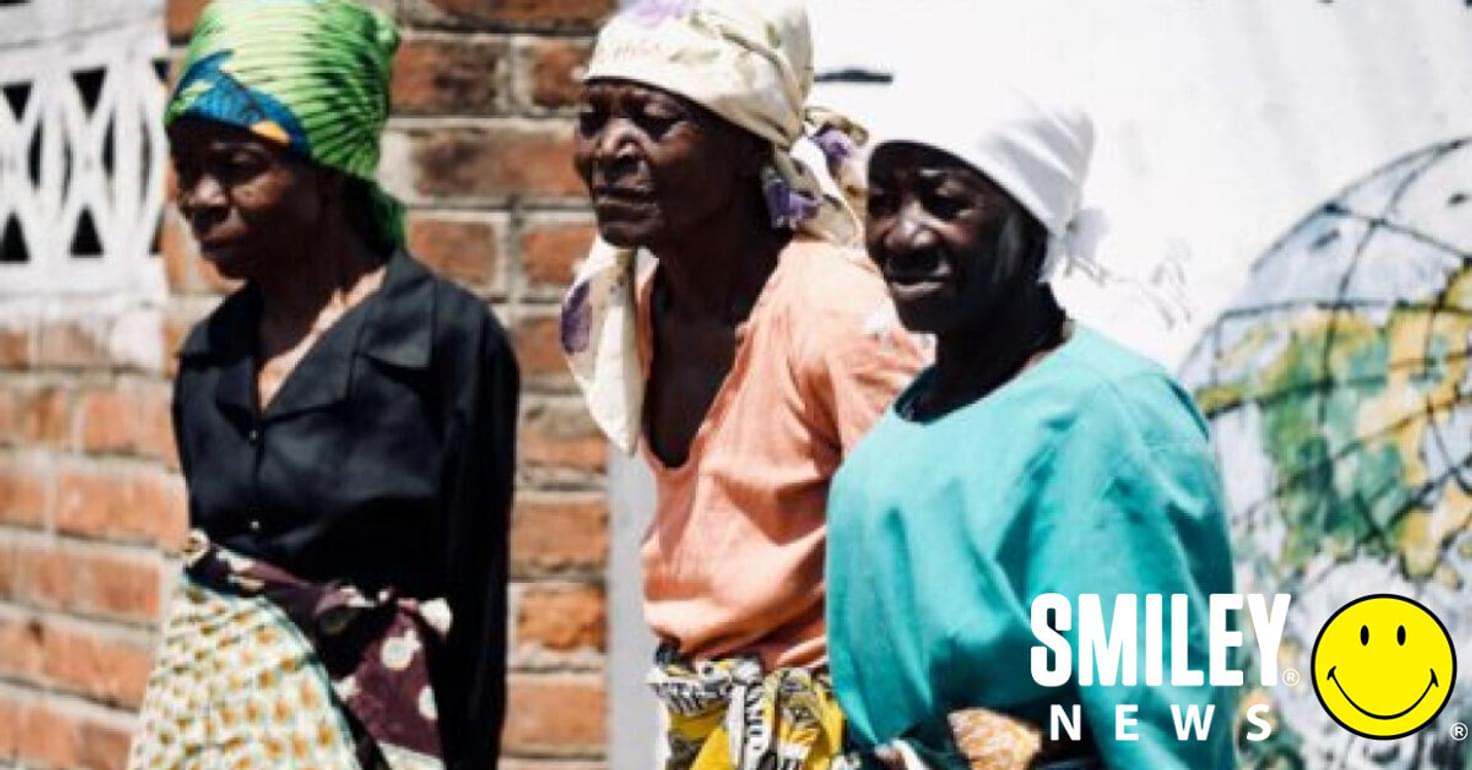
Words by Smiley Team
Zimbabwe is facing a potentially catastrophic famine. The country’s crops have been devastated by the effects of drought; it’s experiencing an economic crisis; and is still feeling the impact after being struck by powerful Cyclone Idai in March.
Without support, more than 5.5 million people will reportedly not have access to the food they need by 2020. Meanwhile, the UN warned last month that the country's food crisis is quickly escalating into an emergency.
Now, the UK has committed to support hundreds of thousands of people in Zimbabwe in getting access to life-saving food and water.
Alok Sharma, in his new role as the UK’s international development secretary, announced the UK aid support on Friday following a UN appeal. The £49 million of aid funding will help malnourished children, families, and communities in Zimbabwe.
“The UK stands with the people of Zimbabwe at a time when millions are at risk of starvation and disease,” Sharma said, announcing the funding. “Through trusted partners we will continue to give families access to food and clean water, and support children to gain a decent education.”
With the funding, the UK will help up to 440,000 people facing potential starvation in rural and urban areas get access to food and water, according to the Department for International Development (DfID) via the World Food Programme through small cash transfers.
It will also support 300,000 vulnerable people to prepare for a potential cholera or typhoid outbreak, by providing disease surveillance, essential medicine to treat water-borne diseases, and training for local health workers to rapidly respond to outbreaks.
Following the devastation of Cyclone Idai earlier this year, Zimbabwe has seen outbreaks of cholera, an acute diarrhoeal infection caused by ingesting contaminated food or water.
Water shortages are leaving the country vulnerable to further outbreaks too, because people are struggling to find clean sources of drinking water. In June, the government was forced to ration water in the capital Harare and neighbouring city Bulawayo, to limit residents to using taps just once a week.
The funding will also strengthen disaster planning in the country — to alleviate the impact of natural disasters like Cyclone Idai, for example — and to help get financing in place before disaster strikes to the economic impact of emergencies can be lessened.
Trusted partners — such as the World Food Programme — will receive the funding, rather than it going directly to the government.
When announcing the funding, Sharma also urged the Zimbabwean government to act on its promise to deliver fundamental political and economic reforms in the country.
“The government of Zimbabwe must do more to deliver the promised fundamental political and economic reforms and take responsibility for the humanitarian crisis affecting its people,” Sharma said.
Original article by Imogen Calderwood - Source Global Citizen
Photo by Peter Kvetny on Unsplash